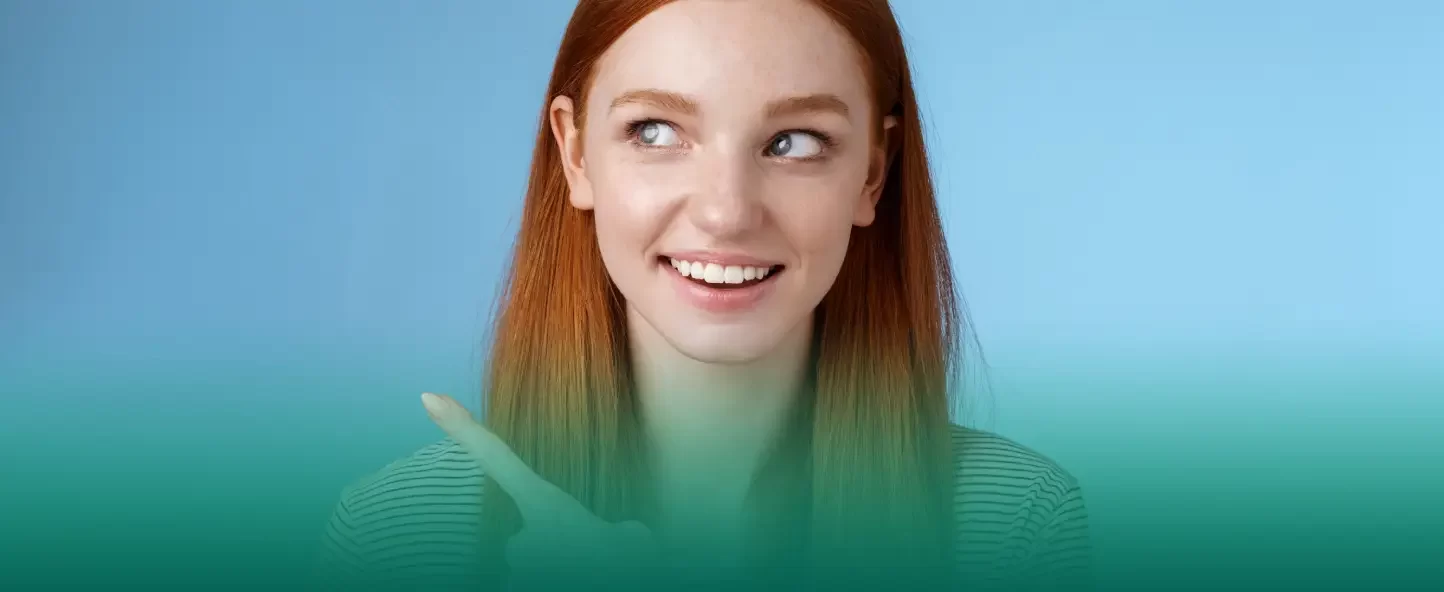Hiccups are involuntary contractions of the diaphragm, the muscle that separates the chest and abdomen and plays a critical role in breathing.
Sometimes the brain sends incorrect signals, causing the diaphragm to contract faster. During a spasm, the muscle presses on the lungs and pushes out air, this process is accompanied by a characteristic sound. There are many possible causes: from accidental swallowing of air to diseases of the nervous system.
There are several medical methods for stopping hiccups.
- Take a deep breath and hold your breath for 10–20 seconds. This helps restore breathing rhythm and balance the diaphragm.
- Use a paper bag to inhale and exhale. This method helps redistribute carbon dioxide levels in the blood, which can lead to fewer hiccups.
- Carry out measured breathing: take 5-7 deep breaths and exhalations. This helps eliminate diaphragm spasm and reduce the frequency of hiccups.
- Hug your knees, lean forward and hold this pose for 20-30 seconds. This exercise helps relax the diaphragm and reduce its contractions.
- Drink a glass of cold water quickly. Cold water can stimulate the vagal nerve and reduce the activity of the diaphragm.
- Suck up the ice cube. Cold can help relieve diaphragmatic spasms and reduce hiccups.
- Eat something with a strong taste or smell. A strong taste or smell can distract the brain and stop the hiccups.
- Try to induce a gag reflex. This can help balance the pressure in the stomach and reduce hiccups.
- Stick your tongue out as far as possible. This can activate the diaphragm reflex and reduce hiccups.
- Place some granulated sugar on your tongue. This can stimulate nerve receptors and reduce the frequency of contractions of the diaphragm.
- Massage the carotid artery. Gentle pressure on the carotid artery can reduce the activity of the diaphragm and stop hiccups.






